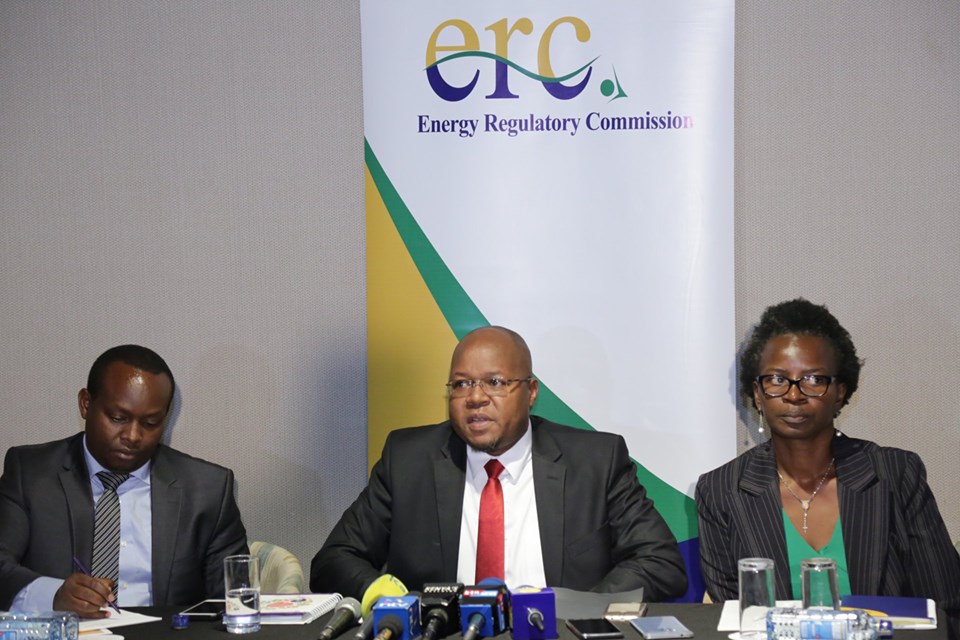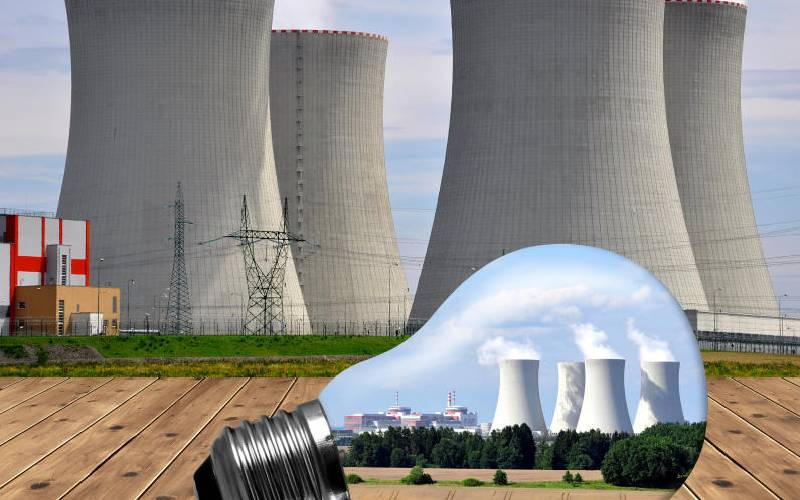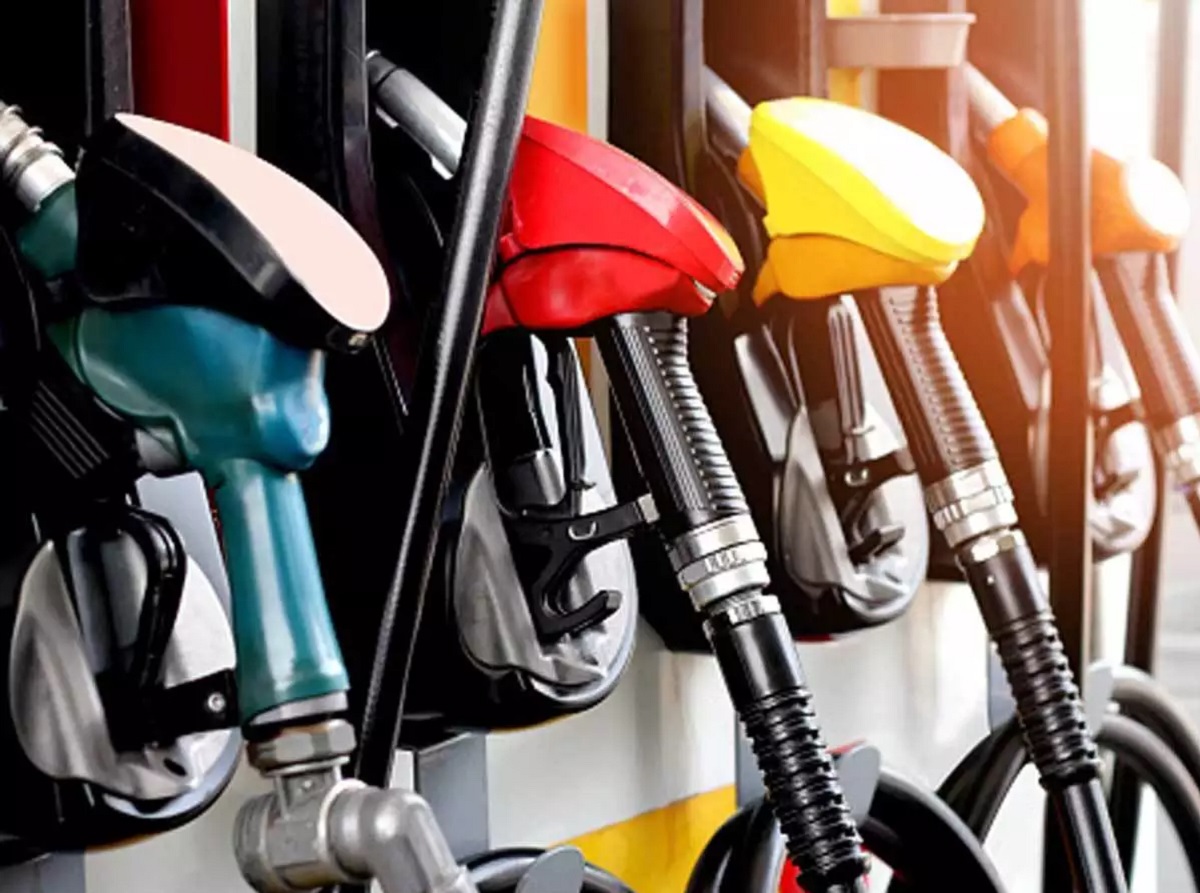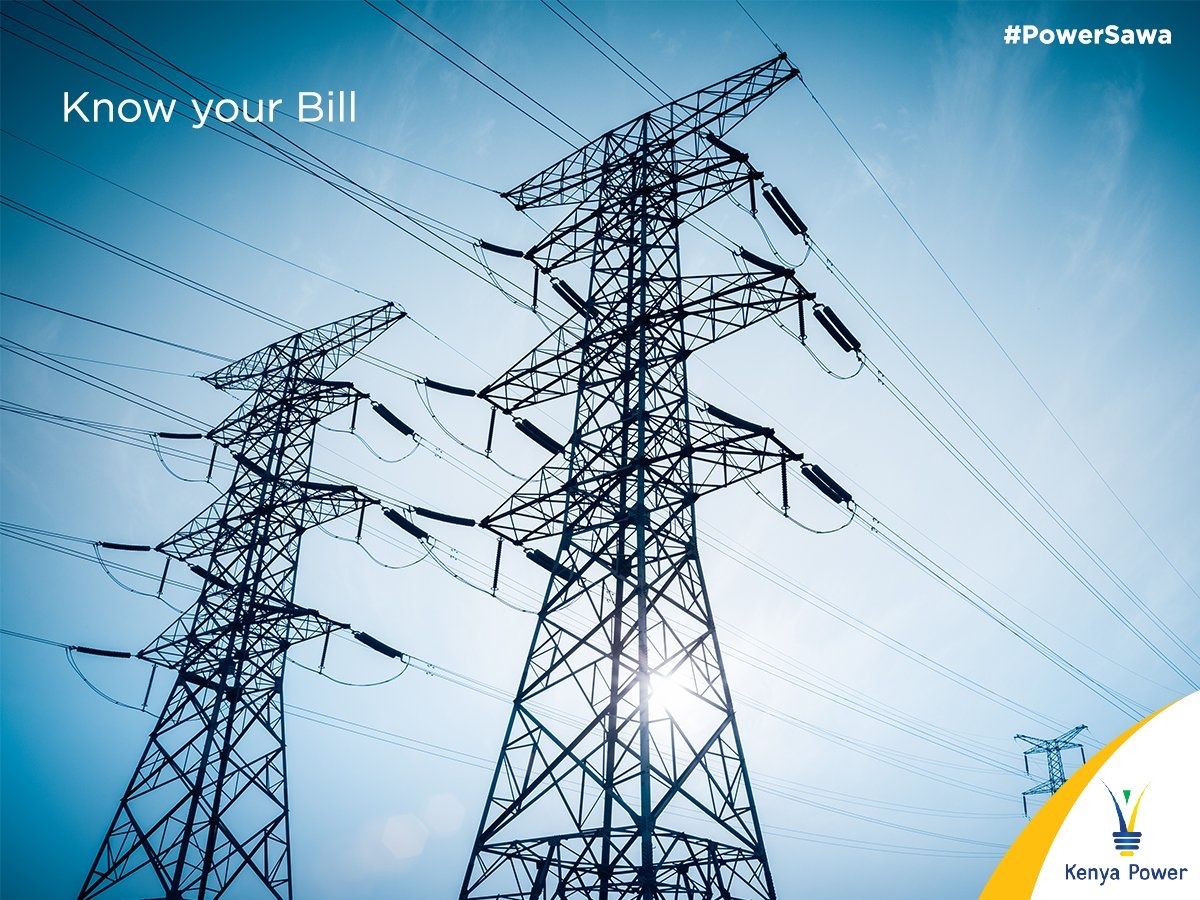The Energy Regulatory Commission (ERC) has announced it has begun the process of transitioning to become Energy and Petroleum Regulatory Authority (EPRA) following the signing into law of the Energy Act 2019 by President Uhuru Kenyatta last month.
In a statement, Director General Pavel Oimeke said the Authority is currently in transition to fully align itself to the relevant laws and shall continuously inform its stakeholders on key developments.
The ERC, which was established under the Energy Act, 2006 was previously mandated to regulate the electrical energy, petroleum and related products, renewable energy and other forms of energy; protect the interests of consumer, investor and other stakeholder interests; maintain a list of accredited energy auditors as may be prescribed; monitor, ensure implementation of, and the observance of the principles of fair competition in the energy sector, in coordination with other statutory authorities; provide such information and statistics to the Minister as he may from time to time require; collect and maintain energy data and prepare indicative national energy plan.
The new entity has now been mandated to regulate generation, importation, exportation, transmission, distribution, supply and usage of electrical energy with the exception of licensing of nuclear facilities.
It will also regulate the importation, refining, exportation, transportation, storage and sale of petroleum and petroleum products with the exception of crude oil.
Under the new law, the Authority will further be required to manage production, conversion, distribution, supply, marketing and usage of renewable energy.
The law also established the Rural Electrification and Renewable Energy Corporation (REREC) and the Nuclear Power and Energy Agency (NPEA).
The REREC shall be responsible for among other things to oversee the implementation of the Rural Electrification Programme, manage the Rural Electrification Programme Fund and also source for additional funds for the Rural Electrification Programme and renewable energy.
On the other hand, the NPEA is mandated to propose policies and legislation necessary for the successful implementation of a nuclear power programme.
The agency would among other things be required to undertake extensive public education and awareness on Kenya’s nuclear power programme.
[Read: World Malaria Day: Malaria isn’t just any disease]
The 2017 Petroleum Bill that was assented into law by the President will among other things provide a framework for contracting, exploring, developing and producing petroleum.
The new law would also be used to formulate national petroleum policy and conduct petroleum operations. It will be a reference point in the establishment of petroleum institutions.












2 Comments